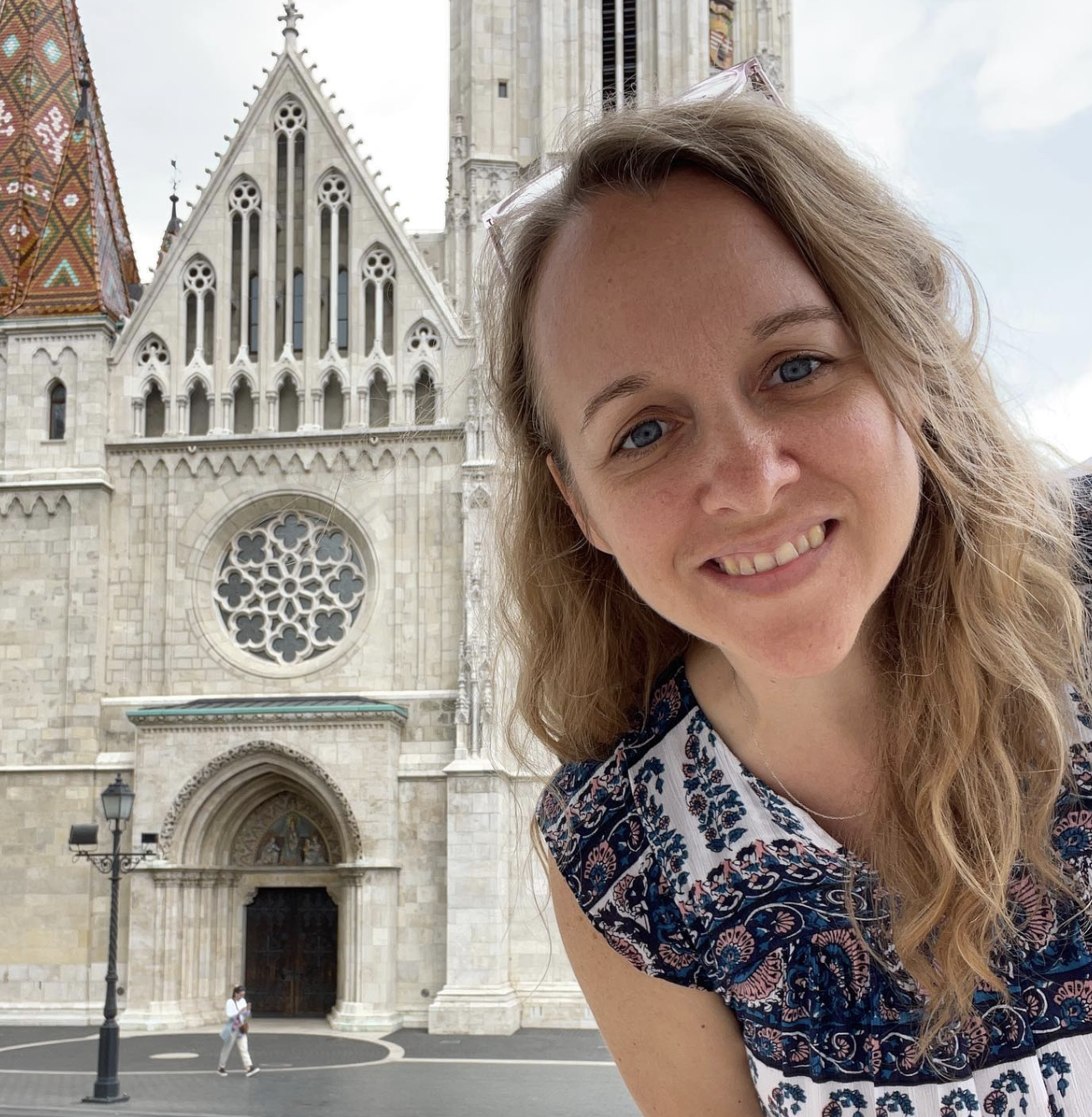The Third International Conference on Digital Security and Forensics (DigitalSec2016) that will be held at Asia Pacific University of Technology and Innovation (APU), Kuala Lumpur, Malaysia on September 06-08, 2016, which aims to enable researchers build connections between different digital applications. The event will be held over three days, with presentations delivered by researchers from the international community, including presentations from keynote speakers and state-of-the-art lectures.
Submitted by Grace Allaise on July 17th, 2016
The U.S. Department of Energy’s Advanced Research Projects Agency-Energy (ARPA-E) announced up to $30 million in funding for two new programs that aim to solve some of the nation’s most pressing energy challenges by accelerating the development of novel energy technologies. NEXT-Generation Energy Technologies for Connected and Automated on-Road vehicles (NEXTCAR) seeks to develop new technologies that decrease energy consumption of future vehicles through the use of connectivity and automation.
Submitted by Michael Kane on May 11th, 2016
File
icess2016-poster.pdf
Submitted by Mary Grace Berdida on January 23rd, 2016
Event
ICESS2016
The Second International Conference on Electronics and Software Science (ICESS2016)
November 14-16, 2016 | Kagawa University, Takamatsu, Japan | Venue: Takamatsu Sunport Hall Building
Website: http://goo.gl/Nr9Dh8 | E-mail: icess16@sdiwc.net
IMPORTANT DATES
Submitted by Mary Grace Berdida on January 23rd, 2016
Announcement
U.S. Department of Transportation Launches Smart City Challenge to Create a City of the Future
 Submitted by Emily Wehby on December 8th, 2015
Submitted by Emily Wehby on December 8th, 2015
Event
AIPR2016
The Third International Conference on Artificial Intelligence and Pattern Recognition (AIPR2016)
You are invited to participate in The Third International Conference on Artificial Intelligence and Pattern Recognition (AIPR2016) that will be held in Lodz University of Technology, Lodz, Poland on September 19-21, 2016, which aims to enable researchers build connections between different digital applications.
Submitted by Grace Allaise on December 4th, 2015
Event
BigData2016
The Third International Conference on Data Mining, Internet Computing, and Big Data (BigData2016)
You are invited to participate in The Third International Conference on Data Mining, Internet Computing, and Big Data (BigData2016) that will be held in Mevlana University, Konya, Turkey on July 21 – 23, 2016, which aims to enable researchers build connections between different digital applications.
Submitted by Grace Allaise on December 4th, 2015
Event
CPSSC 2016
1st International Workshop on Cyber-Physical Systems in the Context of Smart Cities
23 February 2016 | Vienna, Austria | @SE2016
 Submitted by Katie Dey on December 2nd, 2015
Submitted by Katie Dey on December 2nd, 2015
You are invited to participate in The Second International Conference on Digital Information Processing, Data Mining, and Wireless Communications (DIPDMWC2015) that will be held in Islamic Azad University, Academic City, Dubai, UAE, on December 3-5, 2015, which aims to enable researchers build connections between different digital applications. The event will be held over three days, with presentations delivered by researchers from the international community, including presentations from keynote speakers and state-of-the-art lectures.
Submitted by Grace Allaise on November 6th, 2015
We would like to cordially invite you to contribute a book chapter to a forthcoming book entitled "Smart Cities: Foundations and Principles" which will be published by Wiley (https://smartcitiesbook.wordpress.com/).
Submitted by Tamim Sookoor on September 9th, 2015